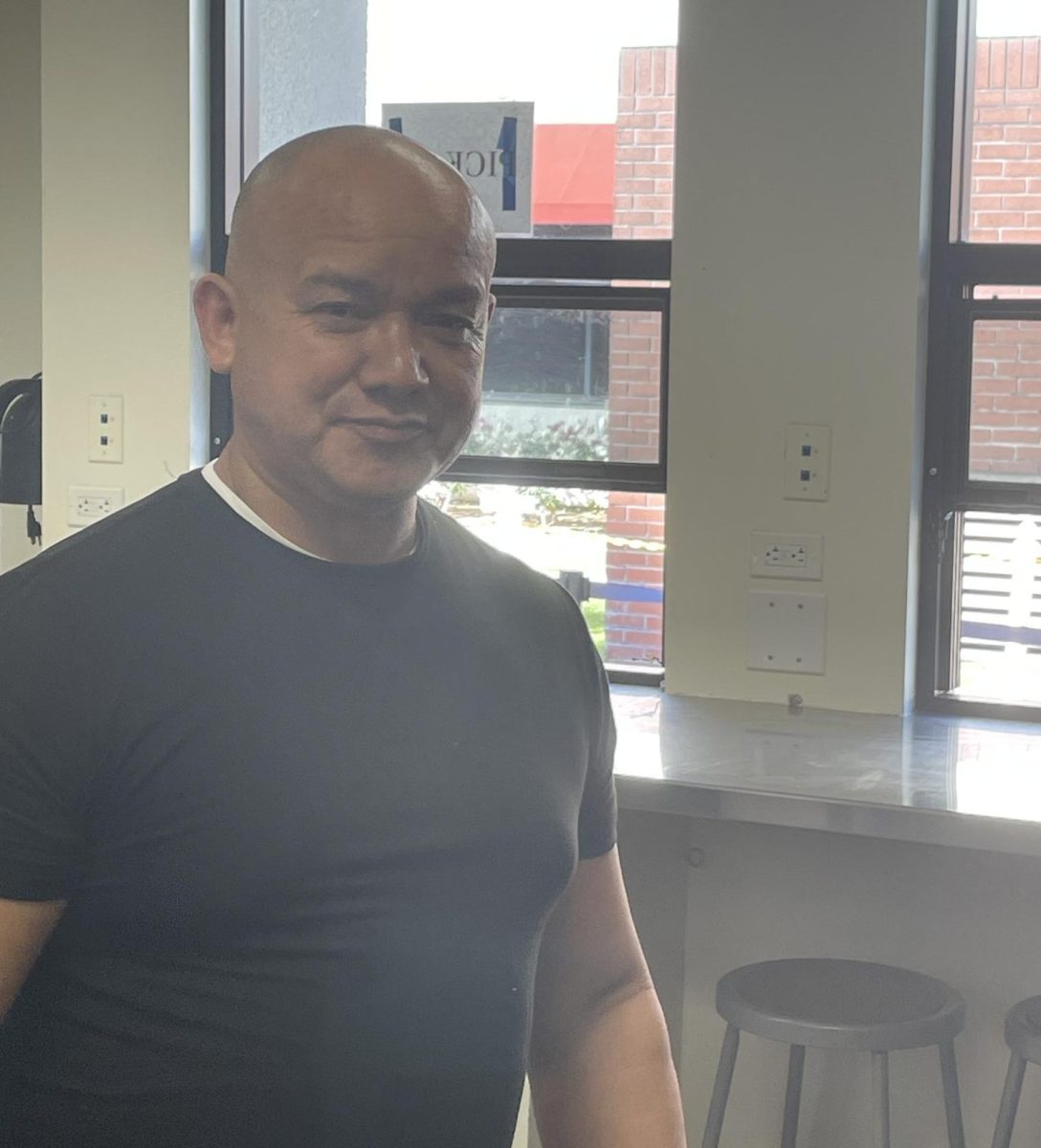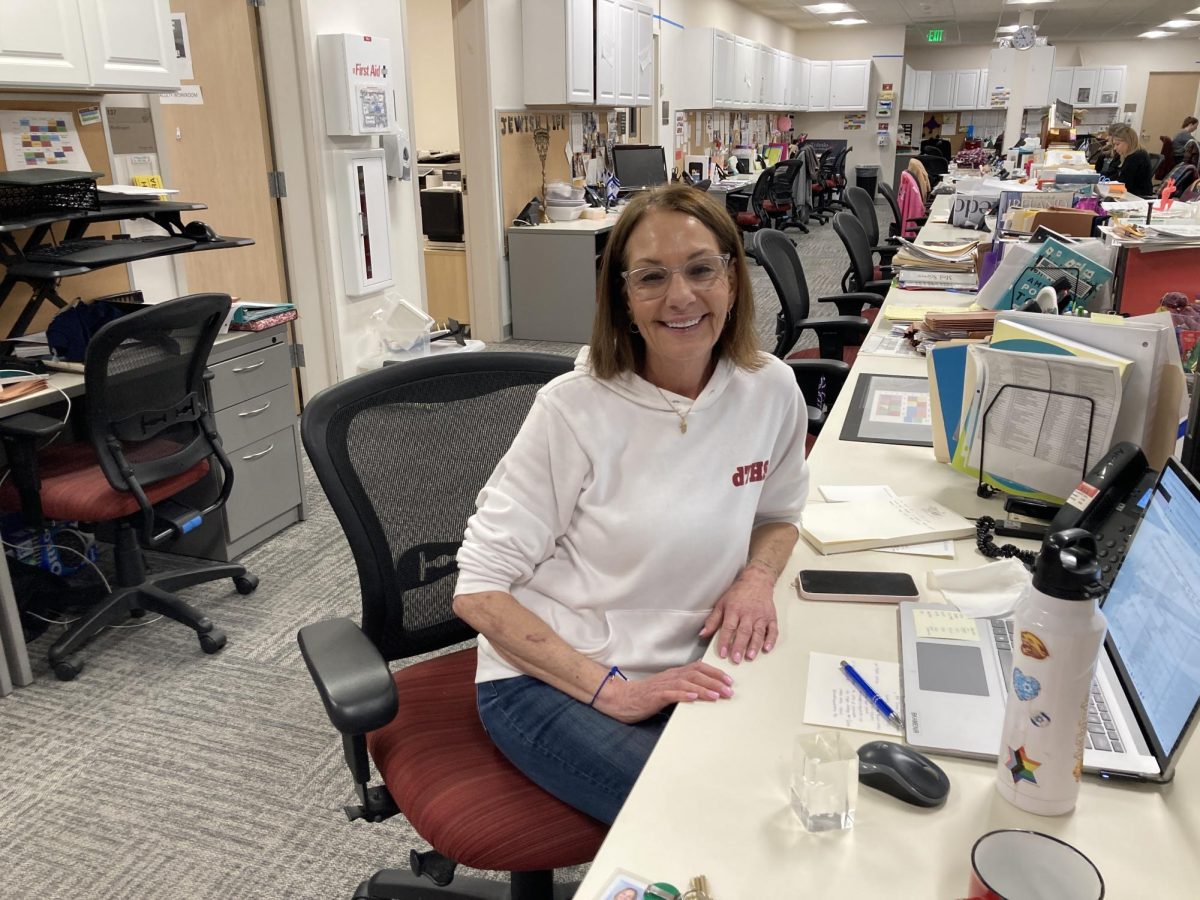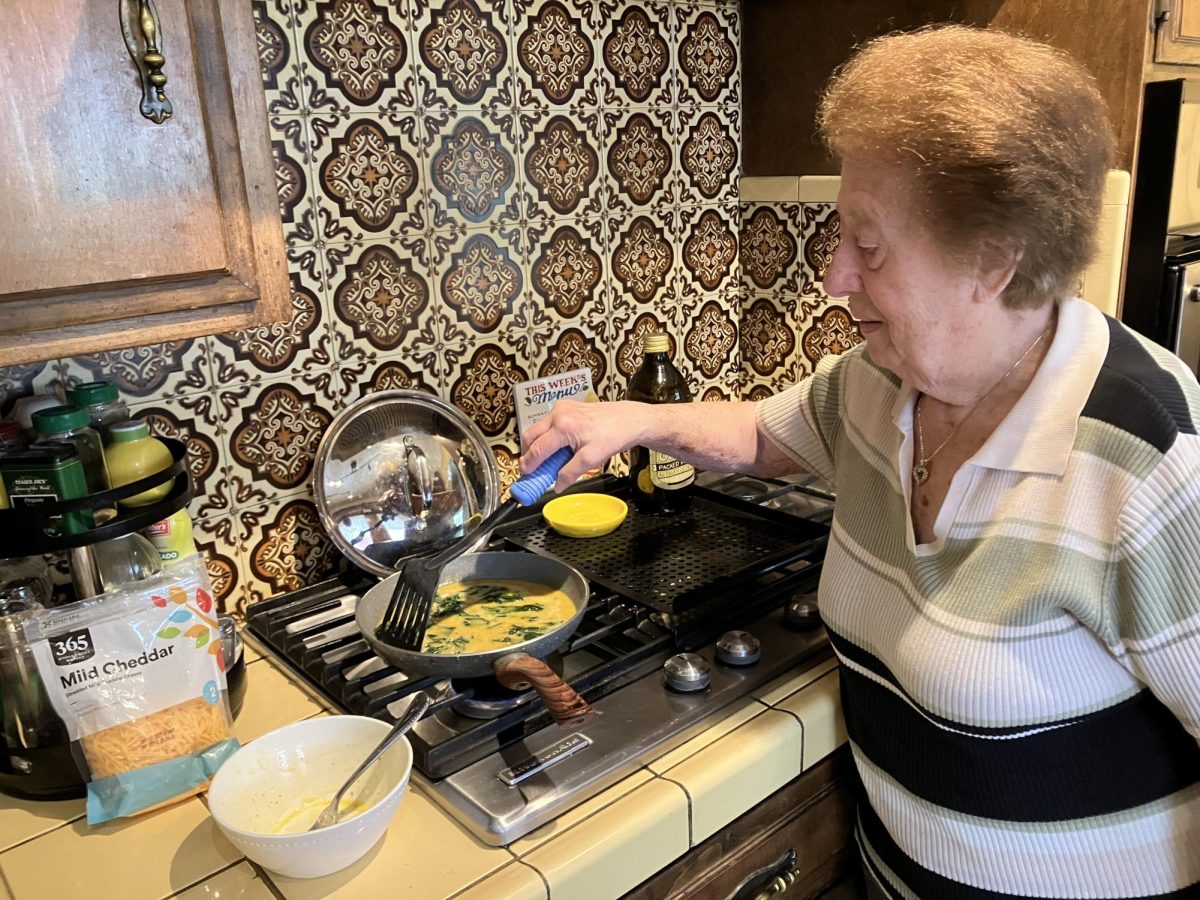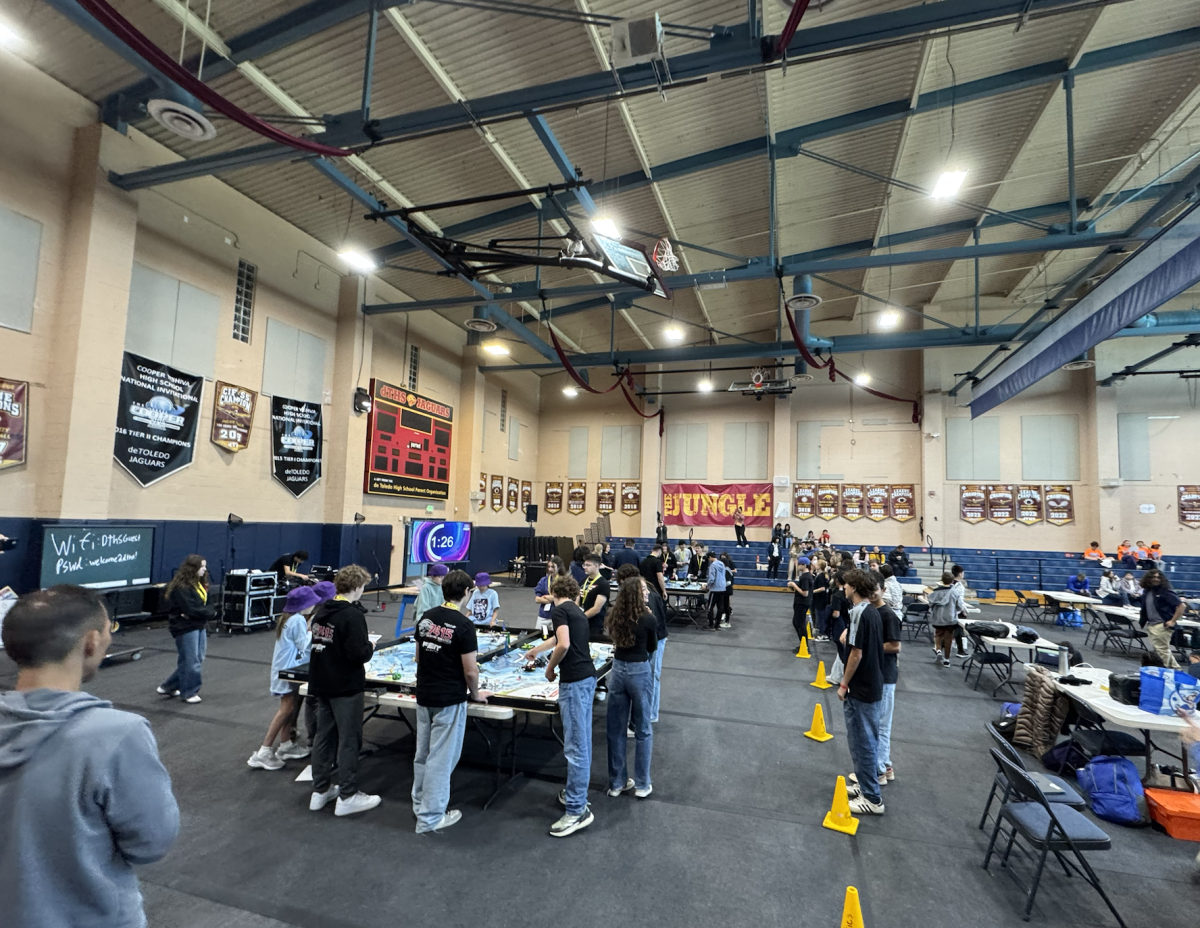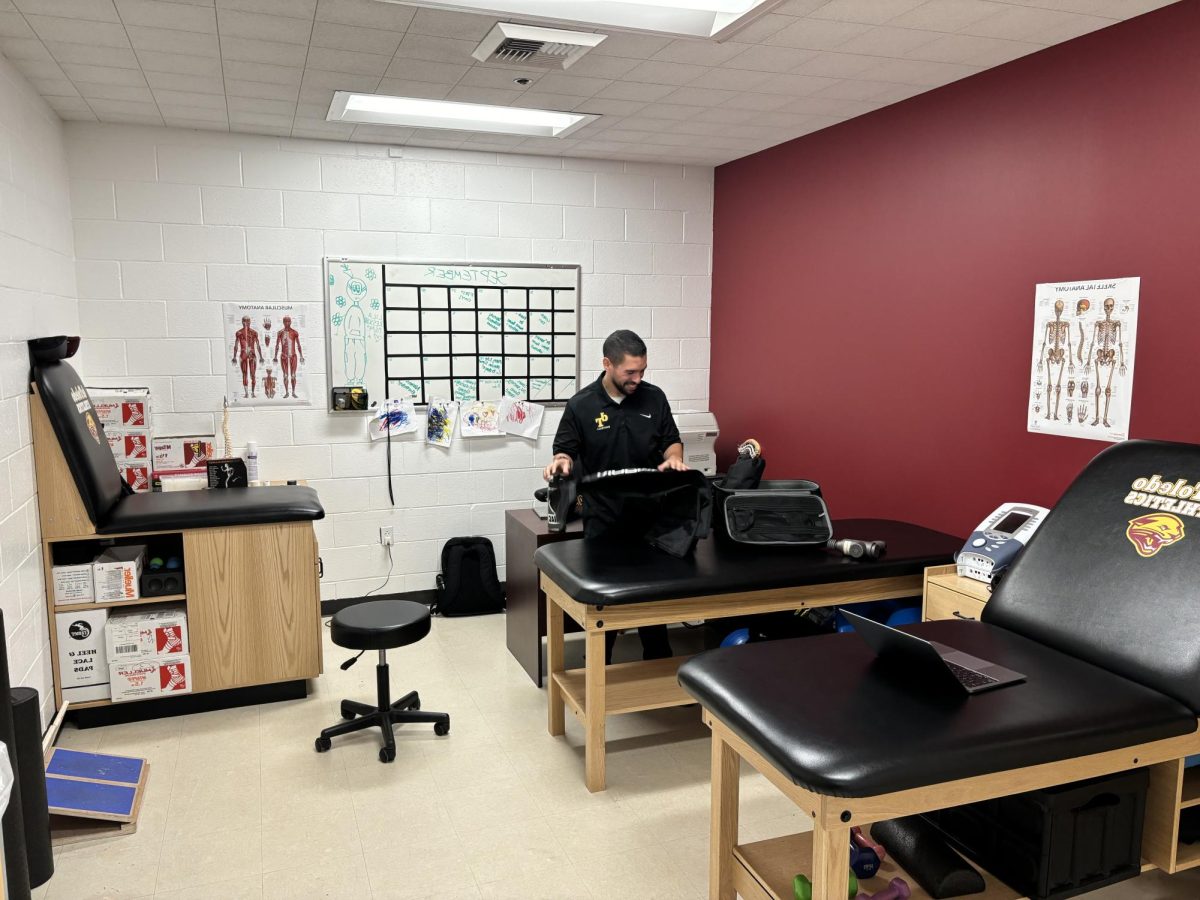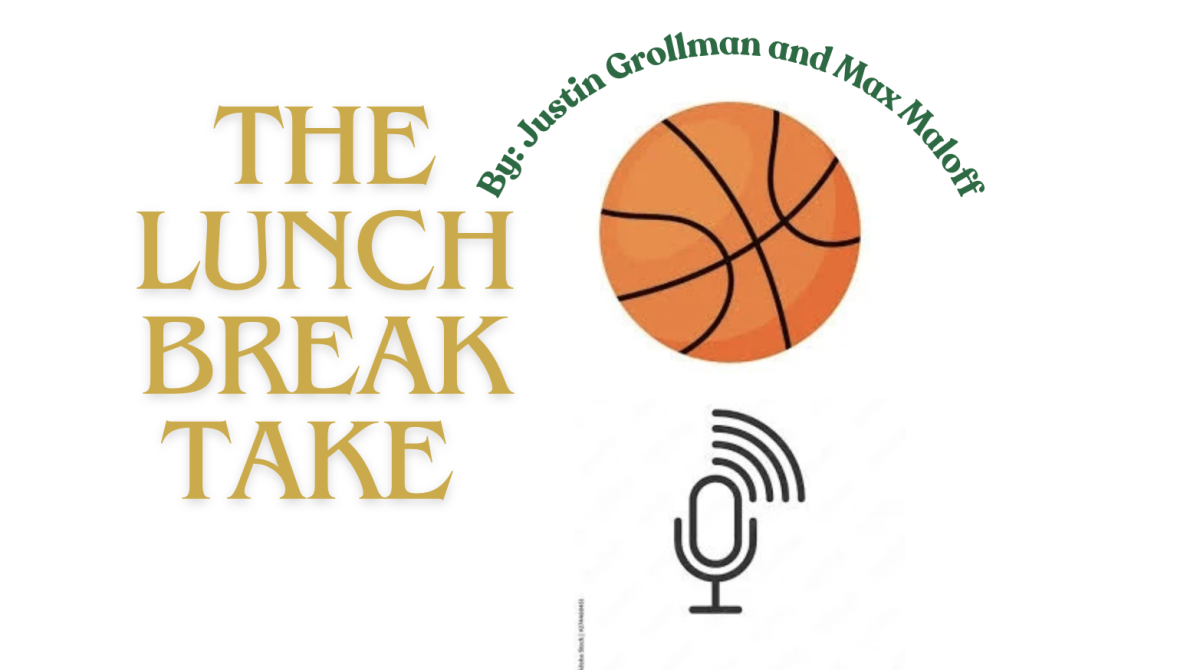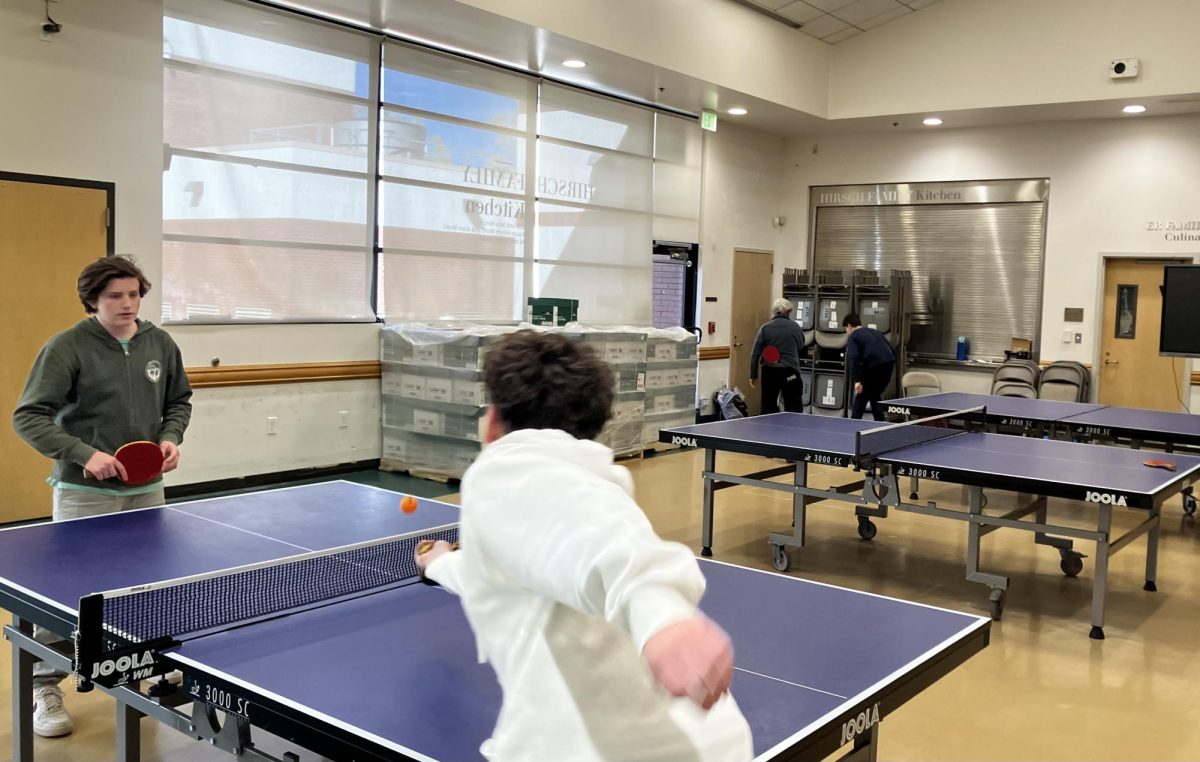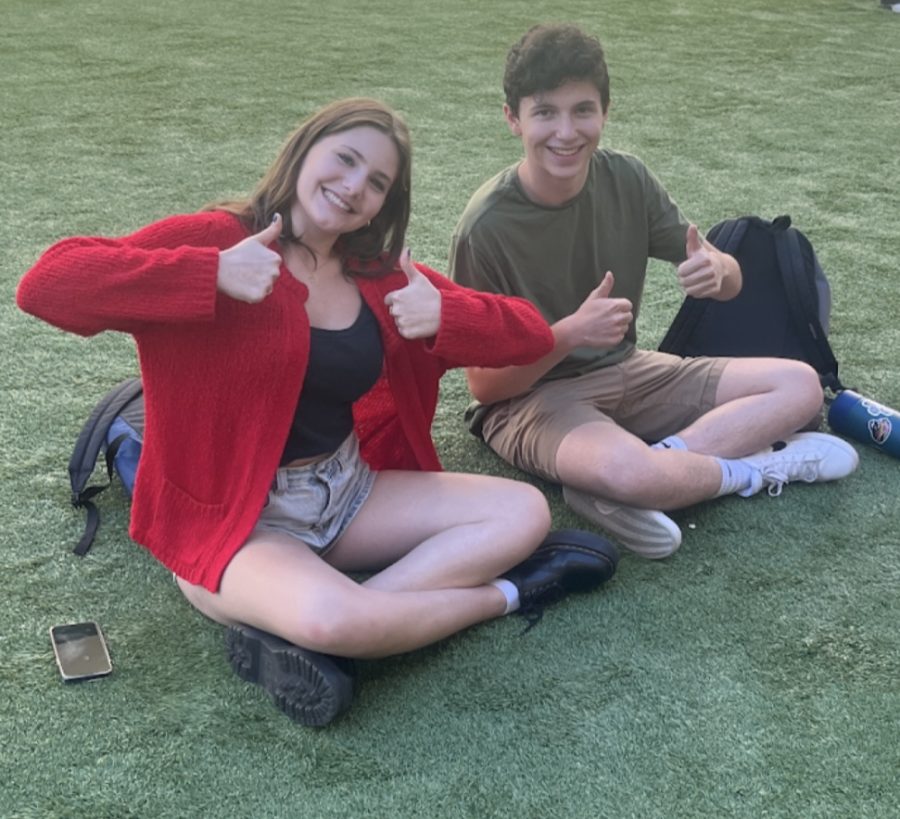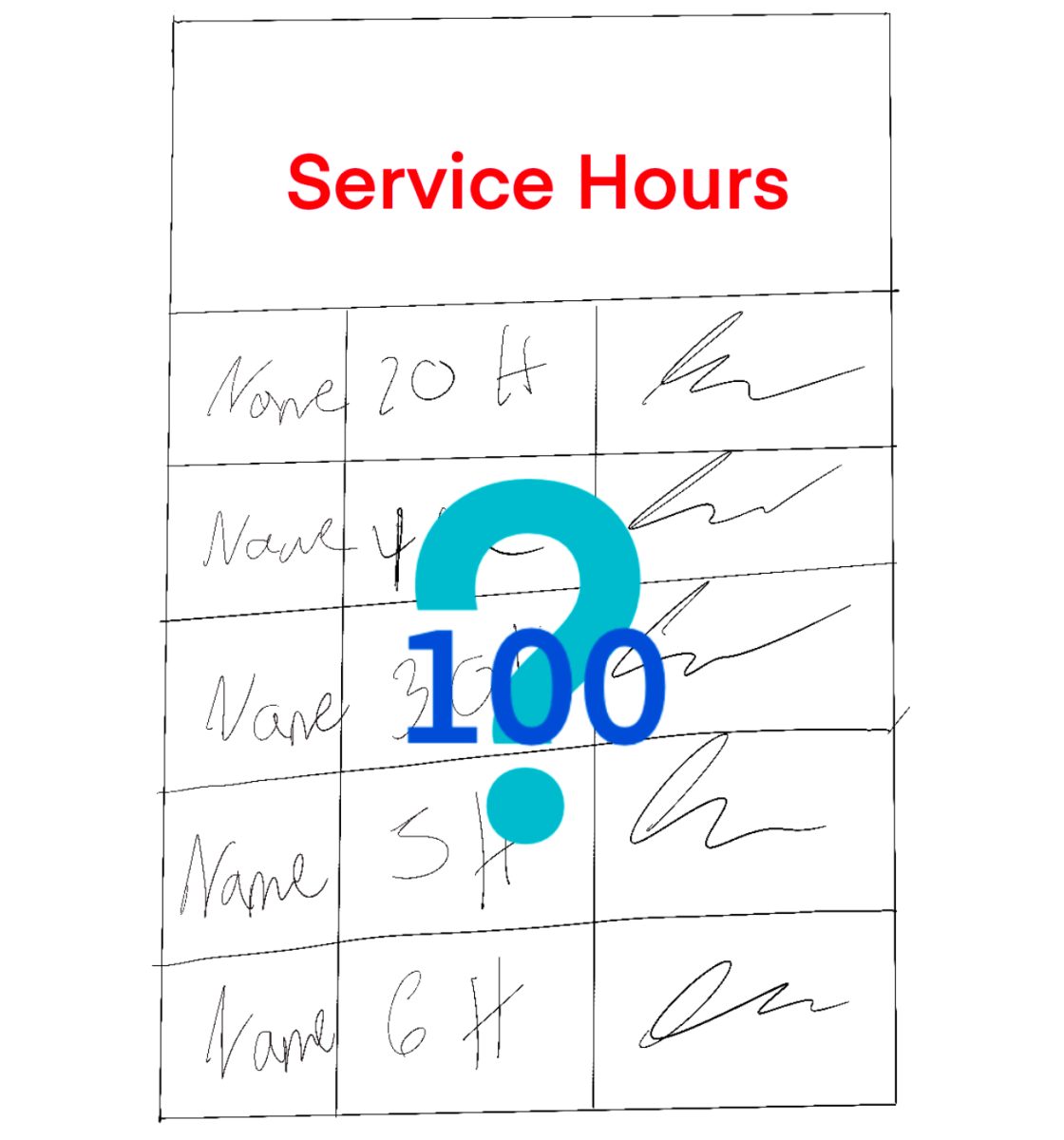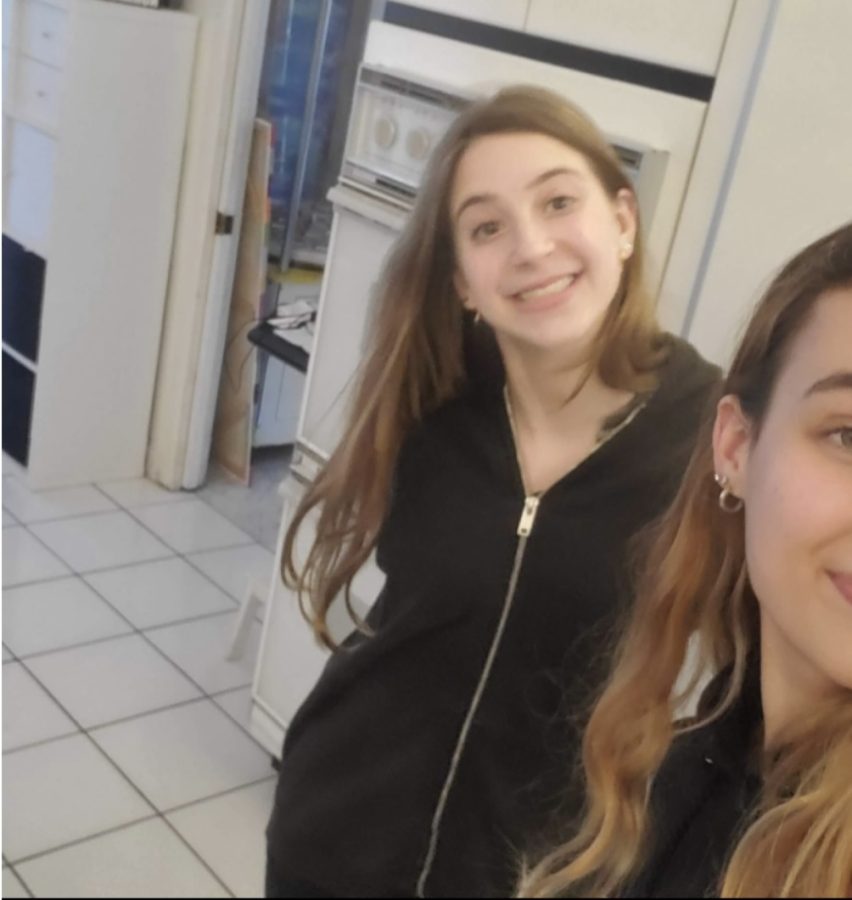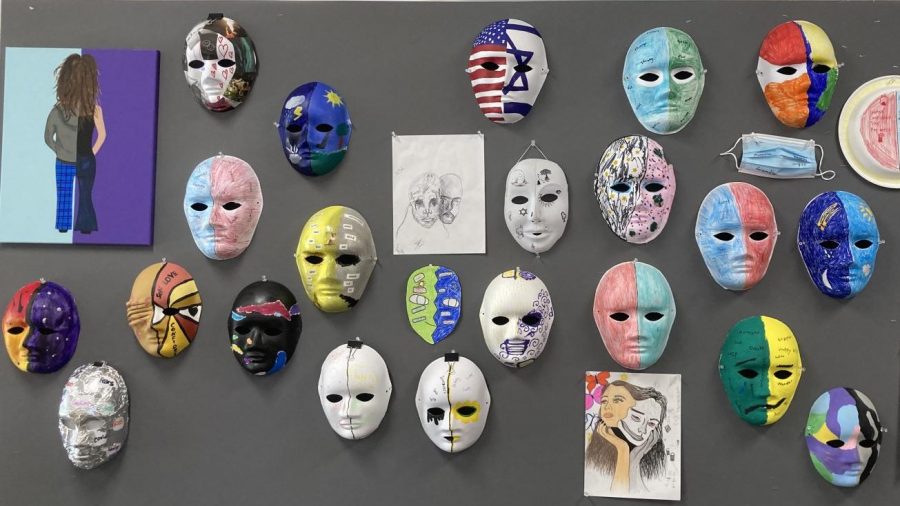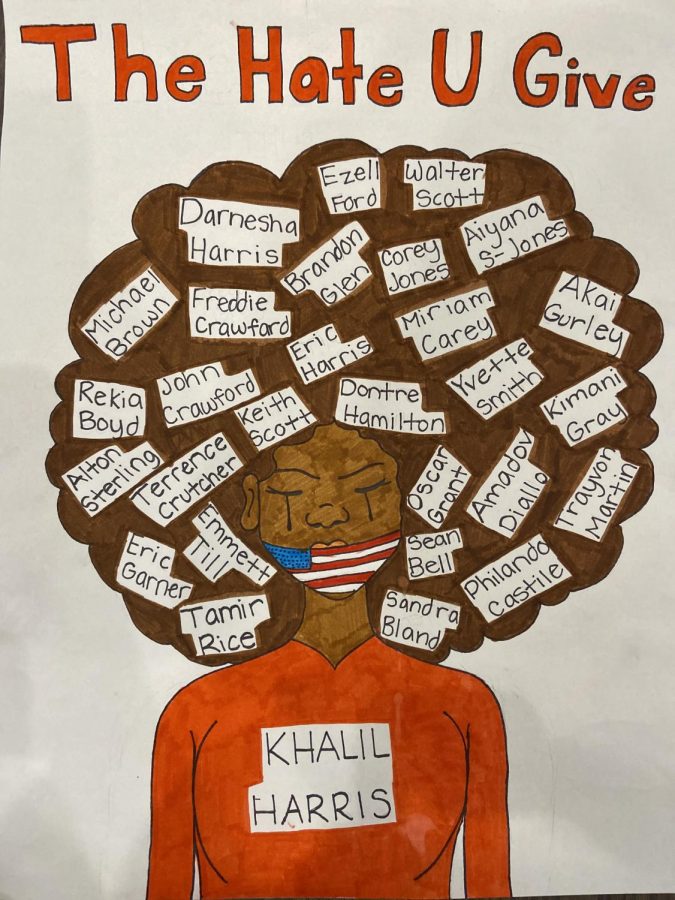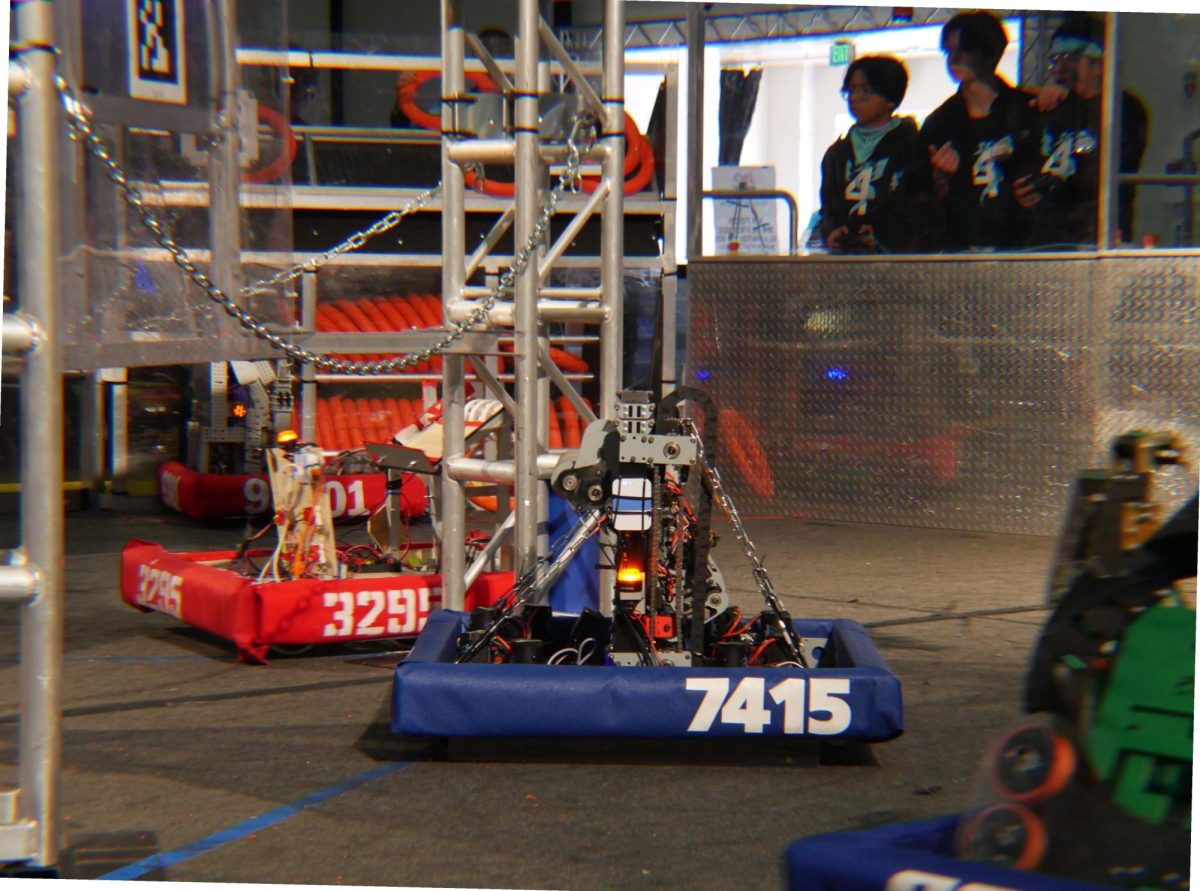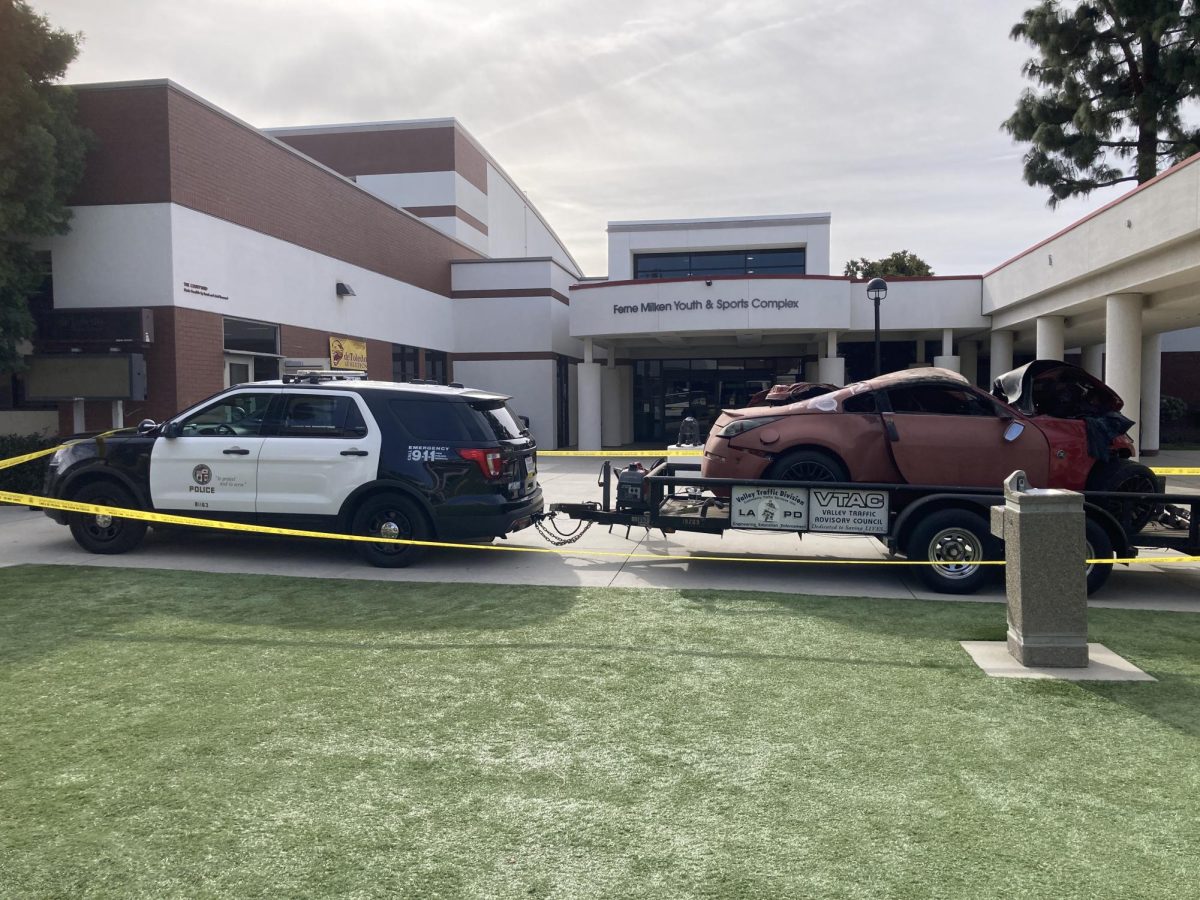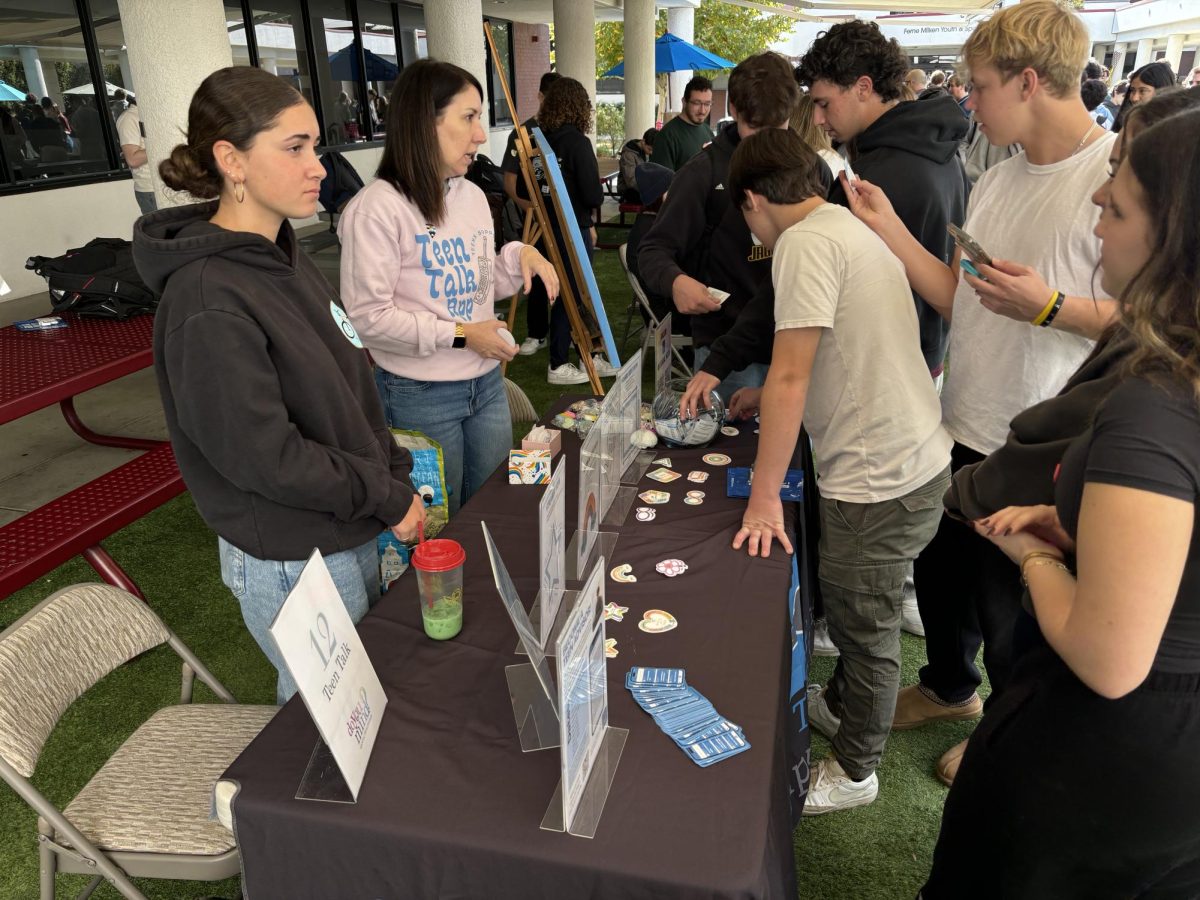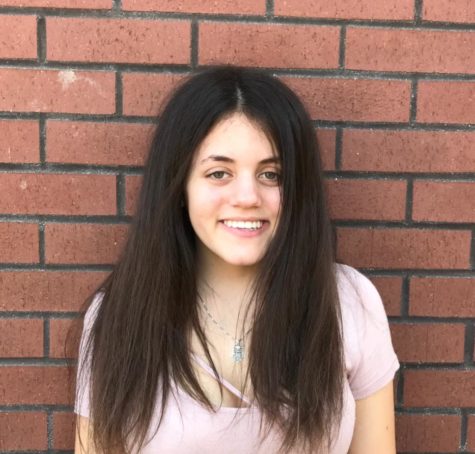Now More Than Ever: We Need Civil Discourse
May 18, 2018
The class was noisy and the debate heated. Students were standing, bringing closed fists down on wooden desks, pointing at each other, yelling, rolling their eyes, exchanging insults.
Everyone was shouting yet no one was being heard. Especially not the three students who were the targets of the other fourteen in the class. There was one opinion claimed by the overwhelming majority of the class, and that one opinion allowed no room for opposition of any kind.
I pitied the one student who’d made the unfortunate decision of voicing his contrary perspective, and the two other students who supported him. They really should have known better. You don’t walk into a lions’ den and poke a lion.
The subject of the debate was, of course, political, and everyone was so intent on regurgitating the statistics they’d read on this and that website or challenging the morals of the other side that soon the original subject of discussion was completely lost in a vicious battle of right and wrong, true and false.
I sat at my desk, staring straight ahead, listening to the arguments surrounding me. I didn’t dare open my mouth to speak. I was the only one in the class who hadn’t yet voiced an opinion and I intended to keep it that way.
There was a noise from the front of the room as the teacher began to speak. Eager for someone to put an end to all the useless nonsense, I looked on expectantly. I sighed with dismay as the teacher proceeded to not only not address the pandemonium of the class, but to contribute to it. As the students grew louder and the words grew harsher, I watched the clock at the head of the class intently. Only five more minutes…
Our nation has a problem (okay, it has many), but would it be so far-fetched to say that a great number, if not the majority of those problems could be mitigated with the reparation of one fundamental issue? Perhaps not. This fundamental issue that infects the nature of political discourse in our society today has its roots firmly sunk in the polarized division of political parties in our country. Because of this, it is not an issue created or curable by the government or one specific group of people, but rather was created by, is maintained by, and would only be fixed by American citizens themselves.
In simplest terms, people do not listen to one another. It’s a bit more complicated than that, though, and much more difficult to solve than it initially sounds. As we, the majority, have allowed it to, this problem of people “not listening” has extended into all corners of the country and wrapped itself tightly around our population. One of those corners, unfortunate a reality as it is, is our very own de Toledo High School.
In our corner of the nation, which has not escaped the reach of this problematic trend, emotionally-charged political debates between friends, classmates, and between students and teachers have caused conflicts with lasting impacts that could have been much more positive if the encounters were simply approached in a different way. Our school objectively leans toward the left side of the political spectrum, which would be harmless if the overwhelming majority allowed minority opinions to make their voices heard, but this is rarely the case.
In a school that is accepting of every possible difference between individuals, why should political views be an exception? Undoubtedly, no one in the school would protest the idea that everyone is entitled to his/her own opinion, but when put in practice, it seems the majority of our school (and nation) wrestles with this philosophy. Our school in particular should be a place where everyone feels safe to express his/her own views without fear of social repercussions or being silenced. Minority opinions, though, often feel intimidated and even discouraged from sharing their beliefs when they know they will be instantly put in a separate category and labelled as extremists, with all the undesirable and immoral characteristics of extremists, even when they may only be moderate in their beliefs. As can be observed in a typical informal debate on campus, the two parties in question will hardly surpass their first exchange before the debate shifts from something political to something entirely emotional and morals-based, with attacks on both parties’ morals, habits, insecurities, or personalities.
Admittedly, it is often quite difficult to keep emotion out of politics. In many cases, the two seem inseparable, but if one is to have a civil interaction with someone of an opposing viewpoint, his only choice is to remove emotion and maintain poise. Today’s society in particular has only contributed to the integration of morals and emotion in politics, which is one of the main reasons political debates become so heated so quickly. However, it is also one of the main causes for topics of a political nature being carefully avoided by people with underrepresented opinions in group or even one-on-one settings, as they are fully aware of the stigma they will receive for sharing their views.
When asked for his opinion on this controversial topic, Head of School Dr. Bruce Powell shared a fresh perspective with some insightful advice.
“Let’s find the truth and the facts, and then we can have some kind of reasonable and rational discussions about policies.”
He noted that people get their facts from different and sometimes unreliable sources. With this complication, people disagree over objective facts because they rely on different news outlets. Because of this, even the foundation of a debate cannot be established because the two participating parties are potentially misinformed, through no intention of their own.
Dr. Powell wishes people understood that a proper political debate can only occur if both parties are informed correctly and equally, at the least agreeing on facts before opinionated debate can begin. He went on to explain the troubling reality of our world:
“Unfortunately, we have people in our country today who don’t have a grasp on the truth. People are either excusing lies or believing them. So now I can’t talk to [another] person because we’re working in different universes, different realities.”
“Everybody is entitled to his or her own opinion, but no one is entitled to his or her own facts,” he said, highlighting the crucial and precariously balanced nuance in political debate that makes all the difference.
Beginning a debate by agreeing upon certain facts regarding a situation is a much more effective approach to political discussion than picking a point of conflict and arguing indefinitely without respect to an opponent’s values or without knowledge of what an opponent considers the facts.
Once we as citizens learn to change our approach to debate and to people of differing beliefs, every community in our school and in our country will become more cohesive and our problems less troubling, because people of every perspective will recognize each other as human beings, and treat one another as such: with respect.


